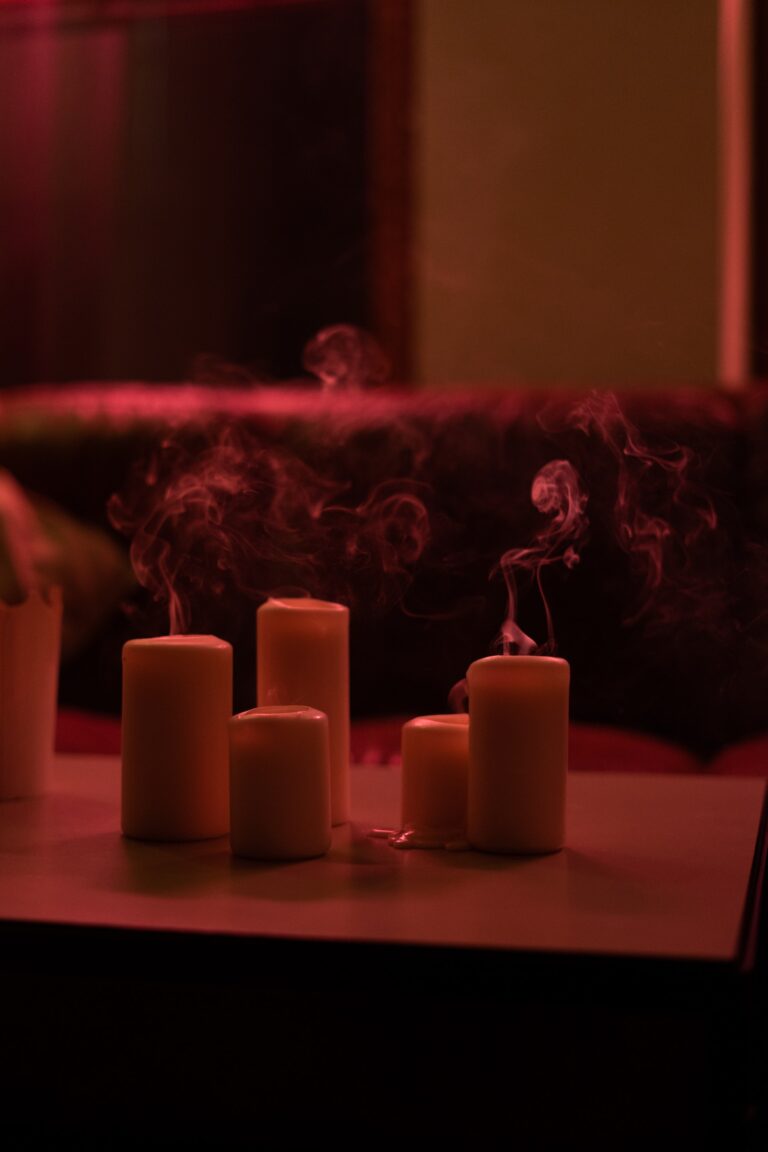What is the legal status of prostitution in Samoa?
In Samoa, prostitution is considered illegal under the country’s Crimes Act 2013. This legislation prohibits a wide range of activities associated with the exchange of sex for money or goods, including soliciting, brothel-keeping, and living off the earnings of prostitution. However, despite its illegality, prostitution is known to be practiced in Samoa, often discreetly and with limited interference from law enforcement.
What are the laws, penalties, and law enforcement measures regarding prostitution in Samoa?
Under the Crimes Act 2013, the following activities related to prostitution are illegal in Samoa:
- Brothel-keeping: Anyone who owns, manages, or assists in the management of a brothel can be punished with up to 10 years in prison.
- Soliciting: It is illegal for anyone to solicit for the purpose of prostitution in a public place, and offenders can face up to seven years in prison.
- Living off the earnings of prostitution: Individuals who knowingly live wholly or in part on the earnings of prostitution can be imprisoned for up to seven years.
- Procuring: Anyone who procures a person for prostitution, whether through force, threats, or other forms of coercion, can be punished with up to 14 years in prison.
While these laws exist, enforcement is often limited due to a lack of resources and the hidden nature of the sex trade. Furthermore, cultural factors may contribute to reluctance among law enforcement officials to actively pursue cases involving prostitution.
How is prostitution referred to within the local culture of Samoa?
Prostitution in Samoa is often referred to as fautasi or fautua within the local culture. These terms carry a negative connotation and are used to describe women who engage in sex work. In Samoan society, prostitution is generally viewed as morally and socially unacceptable, and women who participate in this activity may face stigma and discrimination. However, there is also a level of tolerance and understanding for women who turn to sex work due to poverty and limited economic opportunities.
What is the history of prostitution in Samoa?
The history of prostitution in Samoa can be traced back to the pre-colonial era when sexual relations between unmarried individuals were not strictly regulated. However, the arrival of Christian missionaries in the 19th century led to a shift in societal attitudes towards sex and the introduction of laws criminalizing various forms of sexual behavior, including prostitution.
Throughout the 20th century, Samoa experienced rapid urbanization and economic change, which led to increased poverty and unemployment. As a result, some women turned to prostitution as a means of survival. Today, prostitution continues to be practiced in Samoa, often discreetly and in hidden locations to avoid detection by law enforcement and public scrutiny.
How do government laws and resources address prostitution in Samoa?
The Samoan government has implemented several measures to address the issue of prostitution in the country. These include:
- Enforcement of the Crimes Act 2013, which criminalizes various activities related to prostitution.
- Collaboration with non-governmental organizations (NGOs) and international agencies to provide support and assistance to individuals involved in prostitution, including access to healthcare, education, and employment opportunities.
- Implementation of awareness campaigns and educational programs aimed at reducing the demand for commercial sex and promoting safe sexual practices.
Despite these efforts, the issue of prostitution in Samoa remains a complex and sensitive one, with cultural, economic, and legal factors all playing a role. While the government has taken steps to address this issue, more needs to be done to ensure the protection and support of those involved in the sex trade, as well as to tackle the root causes of prostitution in the country.
